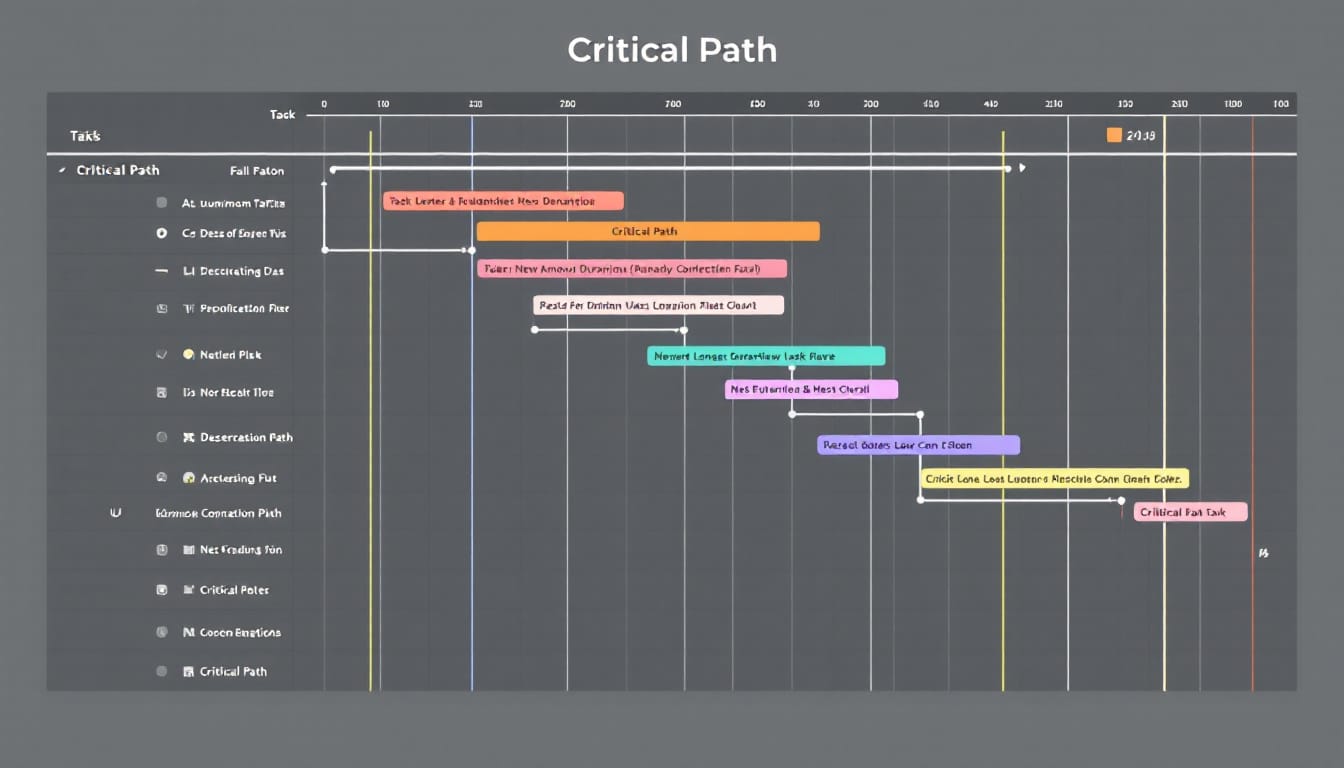In today’s business landscape, digital transformation cannot be envisioned without taking into account the fundamental role of data. The latter not only serves as an essential fuel for innovation but also provides strategic insights and opportunities for growth. The ability of companies to collect, analyze, and leverage this data can determine their success in an increasingly competitive environment. Data, far from being mere numbers, shapes decisions, improves access to information, and transforms creative ideas into concrete solutions that meet customer needs and market demands.
🔥 Nous recommandons Ideamap
Ideamap est l’outil idéal pour un brainstorming ou un projet collaboratif. Grâce son interface facile et à ses fonctions IA, Ideamap booste votre créativité tout en favorisant une meilleure organisation de vos idées pour atteindre vos objectifs.

In the context of digital transformation, the importance of data cannot be underestimated. It has become the main driver of all modern strategies, playing a critical role in the creation of new services and the improvement of existing processes. The collection, analysis, and exploitation of data are now fundamental for companies that wish to maintain their position in a competitive market, representing a true goldmine of information that can generate strategic opportunities.
The quality of data is at the core of this transformation. Companies must ensure that the information they handle is accurate, complete, and reliable. Indeed, inaccurate or incomplete data can seriously hinder decision-making and prevent companies from realizing their potential. It is thus observed that companies that prioritize the reliability of their data are better equipped to tackle the challenges of digital transformation while adapting quickly to market changes.
For a company to truly benefit from data, it is imperative to combine this data with effective analytics tools. This combination allows for the exploration of new business perspectives and understanding of customer needs with unparalleled precision. Thus, understanding how to analyze this data and draw relevant conclusions is a factor of competitive differentiation that enables companies to stand out in a saturated market.
A recent study by IDG reveals that many CIOs (Chief Information Officers) struggle to balance their strategic goals with the implementation of data-driven solutions. This highlights the considerable challenges they face, particularly regarding the management of risks associated with data exploitation. Indeed, digital transformation, while offering obvious benefits, also generates risks in terms of cybersecurity that must be carefully managed.
Visibility into data and optimal exploitation are also key elements in the digital transformation process. Companies must ensure that the right people have access to the right data at the right time. This involves thinking about the architecture of information systems and how data flows within the various departments of the organization. Easier access to information fosters collaboration and promotes informed decision-making.
In this regard, it is essential to emphasize that integrating analytical approaches into decision-making already impacts 85% of companies undergoing digital transformation. Data thus becomes the central pillar upon which all digiital transition initiatives rest. Moreover, companies that invest in analyzing and leveraging their data often see a significant improvement in their ability to innovate.
Consequently, digital transformation relies on a holistic vision that combines data, analytics, and collaboration. It is a continuous process that requires constant adaptation to new technologies and the changing demands of consumers. To overcome the obstacles that stand in the way of this transformation, companies must capitalize on the power of data and develop a dynamic innovation culture that allows them to reach new heights.

FAQ on the Critical Role of Data in Digital Transformation
What is the role of data in digital transformation? Data plays an essential role in digital transformation, serving as the foundation for creating new services, value streams, and new usages.
Why is data quality so important? Data quality is crucial because inaccurate or incomplete information can hinder the initiatives necessary for effective transformation.
How can companies better leverage their data? To better leverage data, it is important to smartly combine data with analytics tools in order to improve information access and provide new business perspectives.
What is the impact of data analysis on decision-making? Data analysis has a significant impact on decision-making, with 85% of companies undergoing digital transformation utilizing these analyses to optimize their strategic choices.
What challenges do CIOs face in digital transformation? CIOs face challenges in balancing strategy and the implementation of their data-driven initiatives, requiring particular attention to the visibility and exploitation of these resources.
Why is data considered a central pillar of digital transformation? Data is considered a central pillar because it fuels digital processes and is indispensable for the success of any digital transformation initiative.














